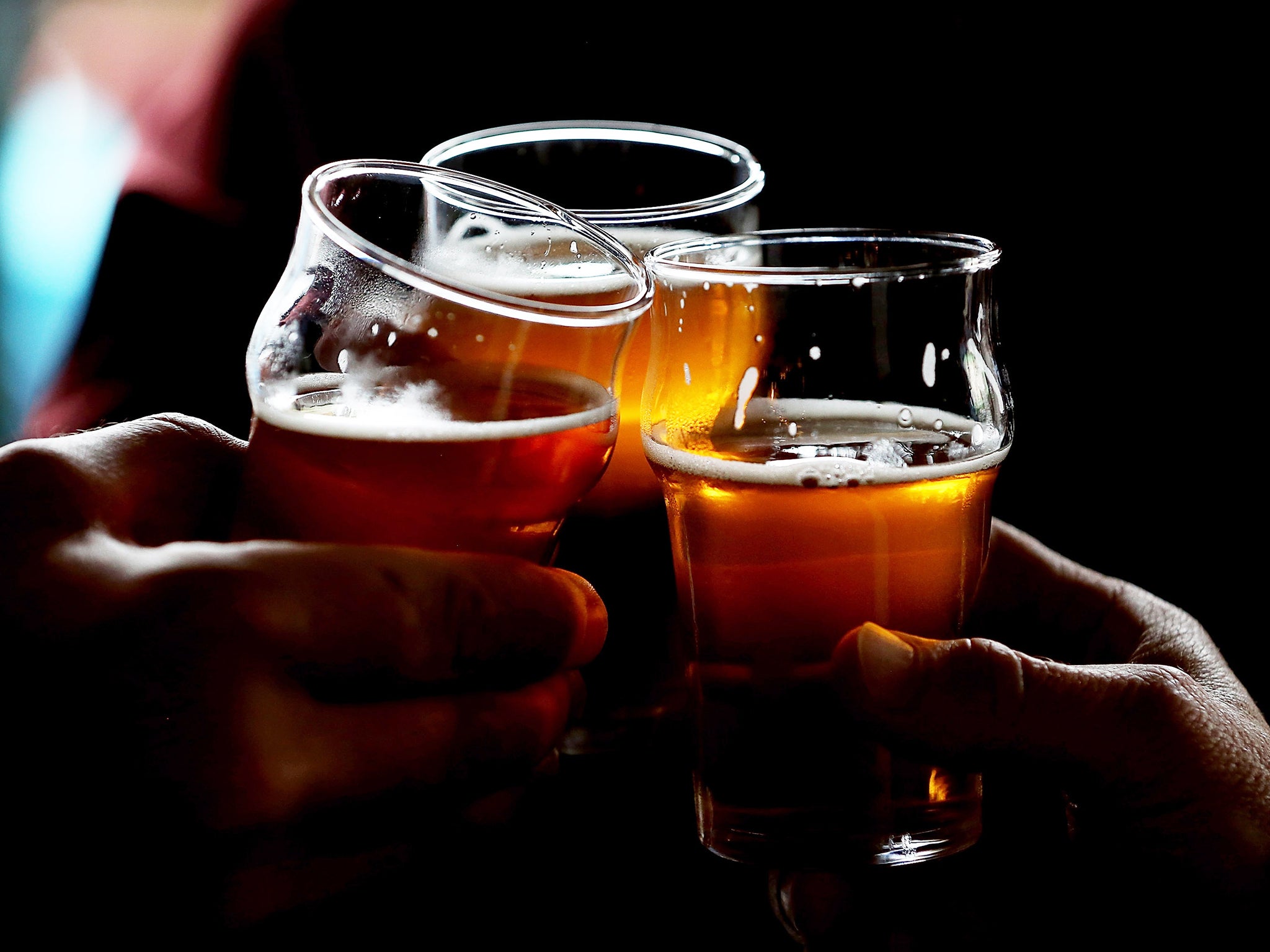The Only Way is Ethics: A harmless joke about Brits abroad has some troubling baggage to unpack
It is becoming increasingly clear that notions of class are far from a thing of the past


Your support helps us to tell the story
From reproductive rights to climate change to Big Tech, The Independent is on the ground when the story is developing. Whether it's investigating the financials of Elon Musk's pro-Trump PAC or producing our latest documentary, 'The A Word', which shines a light on the American women fighting for reproductive rights, we know how important it is to parse out the facts from the messaging.
At such a critical moment in US history, we need reporters on the ground. Your donation allows us to keep sending journalists to speak to both sides of the story.
The Independent is trusted by Americans across the entire political spectrum. And unlike many other quality news outlets, we choose not to lock Americans out of our reporting and analysis with paywalls. We believe quality journalism should be available to everyone, paid for by those who can afford it.
Your support makes all the difference.It is a longstanding complaint among sections of what might be called “traditional working-class” British society that their interests have been undermined by multiculturalism, political correctness and a general disconnect between them and the so-called establishment.
One reader recently queried a comment piece, which highlighted the irony that some of those who bemoan the impact of foreigners on the UK are probably the very same people who export the best of Britain to places like Magaluf: “The average Brit can be an awful, grabbing, liberty-taking berk abroad.”
Never mind that the writer included herself in her rhetorical and funny expression of collective admonishment: foreign holiday resorts “we have ruined…[by] projectile vomiting Sambuca and spreading chlamydia”. In the eyes of our critic, the piece typified a kind of institutional racism against native Britons which is endemic in liberal media circles and which has aided the alienation of ordinary folk from “the elite”.
What to say about all this? First, let’s assume the column caused genuine offence. Well, so be it: if opinion pieces in newspapers are not allowed to offend, the concept of freedom of expression might as well pack up and go home. Next, can a reference to “average” British characteristics, putting aside any comic or rhetorical intent, really be regarded as a comment on race or ethnicity? It would surely be a stretch. Nationality and race are not synonymous.
But even though there was really no racial discrimination in this piece, the general point about “average Brits” – probably white; likely to identify as working-class – feeling disengaged from an out of touch elite is genuinely troubling. It is becoming increasingly clear that notions of class are far from a thing of the past. And in the narrative which pitches a snobby, liberal, ruling class against the put upon, downtrodden common man, a belief by the latter that they are being deliberately marginalised can be as damaging as if it were real.
Traumatised, but not by our picture
While the Ebola crisis in west Africa has hardly been ignored, there is occasionally a sense that its local realities are obscured by a tendency to focus on the potential of the disease spreading to our own shores.
The Independent sought to redress the balance a little last Friday, with a series of special reports on how the populations and countries most affected by Ebola are coming to terms with the killer in their midst.
Our front page was dominated by a picture of a girl, perhaps seven or eight years old, leaning against a barren tree and despairing over the loss of her mother to the illness. As always we faced the question of whether we would use a similar picture of a British child in similar circumstances. In the end, we might well not.
Yet the primary consideration in this kind of scenario is what impact there might be on the child. Even accounting for the wonders of the internet, it is hugely unlikely that the image we used on Friday will be seen by the youngster in question. Nor do I believe the taking of such a photograph should necessarily be regarded as illegitimate.
Without the haunting picture, the power of our reports would have been reduced. And the wider imperative to focus minds on Ebola’s horrific impact overrides the possible concern we might feel at publishing an image of a grieving child.
Will Gore is Deputy Managing Editor of The Independent, i, Independent on Sunday and the Evening Standard Twitter: @willjgore
Join our commenting forum
Join thought-provoking conversations, follow other Independent readers and see their replies
Comments